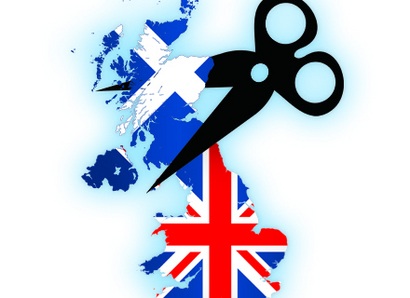Samizdata‘s Natalie Solent linked to this article at Geopolitical Futures, saying that it suggests the kind of artificial, obfuscated complexity that kept ancient Egyptian priests in their secure and powerful positions for centuries:
In recent weeks, EU negotiators have claimed that the British negotiators of Brexit are not sufficiently sophisticated to understand the complex issues being dealt with, and that, in essence, it is frustrating for EU negotiators to deal with unskilled negotiators. I have found that dealing with unskilled negotiators has frequently created opportunities for me, but apparently the EU wants to have a better team to play against.
A great deal of this is, of course, political maneuvering. The EU desperately wants to avoid a British withdrawal from the bloc. By making this charge, it hopes to discredit the British negotiating team and sow distrust between the British public and the negotiators. Implicit in what is being said is that the British team is going to fail to get a good deal for Britain, and that therefore the risks of Brexit for Britain are pyramided. Why the EU wouldn’t keep this fact secret, and negotiate a superb deal for itself, is a mystery, but the posture is almost that the EU wants to save the British from their own stupidity.
It’s not a bad maneuver, but it unravels at a certain point. The British team consists of well-educated and experienced civil servants. In claiming that this team is not up to the task of understanding the complexities of EU processes and regulations, the EU has made the strongest case possible against itself. If these people can’t readily grasp the principles binding Britain to the EU, then how can mere citizens understand them? And if the principles are beyond the grasp of the public, how can the public trust the institutions? We are not dealing here with the complex rules that allow France to violate rules on deficits but on the fundamental principles of the European Union and the rights and obligations – political, economic and moral – of citizens. If the EU operating system is too complex to be grasped by British negotiators, then who can grasp it?
The EU’s answer to this is that the Maastricht treaty, a long and complex document, can best be grasped by experts, particularly by those experts who make their living by being Maastricht treaty experts. These experts and the complex political entities that manage them don’t think they have done a bad job managing the European Union. In spite of the nearly decade long economic catastrophe in Southern Europe, they are content with their work. In their minds, the fault generally lies with Southern Europe, not the EU; the upheaval in Europe triggered by EU-imposed immigration rules had to do with racist citizens, not the EU’s ineptness; and Brexit had to do with the inability of the British public to understand the benefits of the EU, not the fact that the benefits were unclear and the rules incomprehensible. The institutionalized self-satisfaction of the EU apparatus creates a mindset in which the member publics must live up to the EU’s expectations rather than the other way around.






